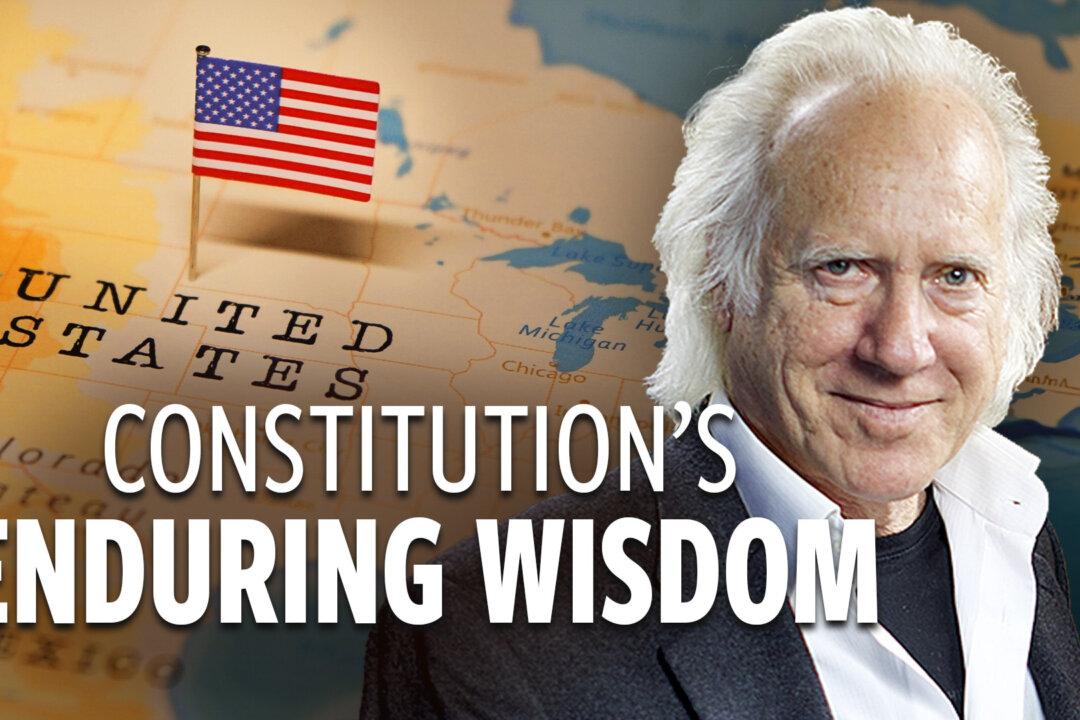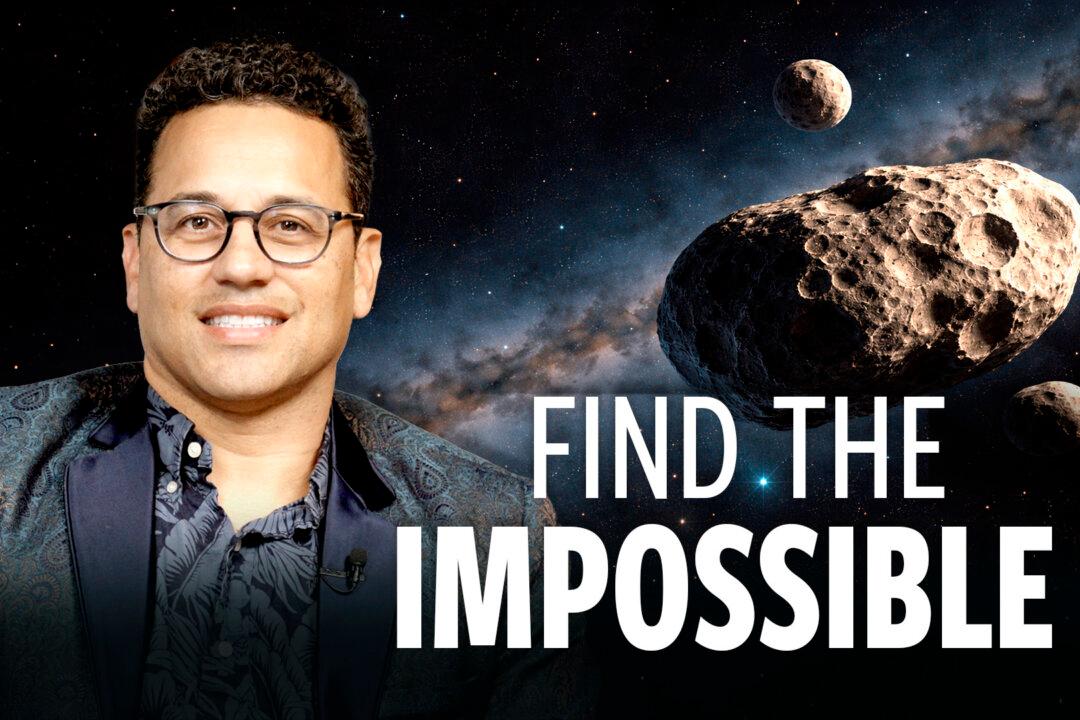Robert Harrison, a professor of literature at Stanford University, explores the cultural and historical forces shaping modern society in today’s episode, drawing on insights from his book “Juvenescence.”

Robert Harrison Courtesy to Bay Area Innovators

Steve Ispas
Reporter
|Updated:
Steve is an investigative reporter based in the San Francisco Bay Area.
Author’s Selected Articles


